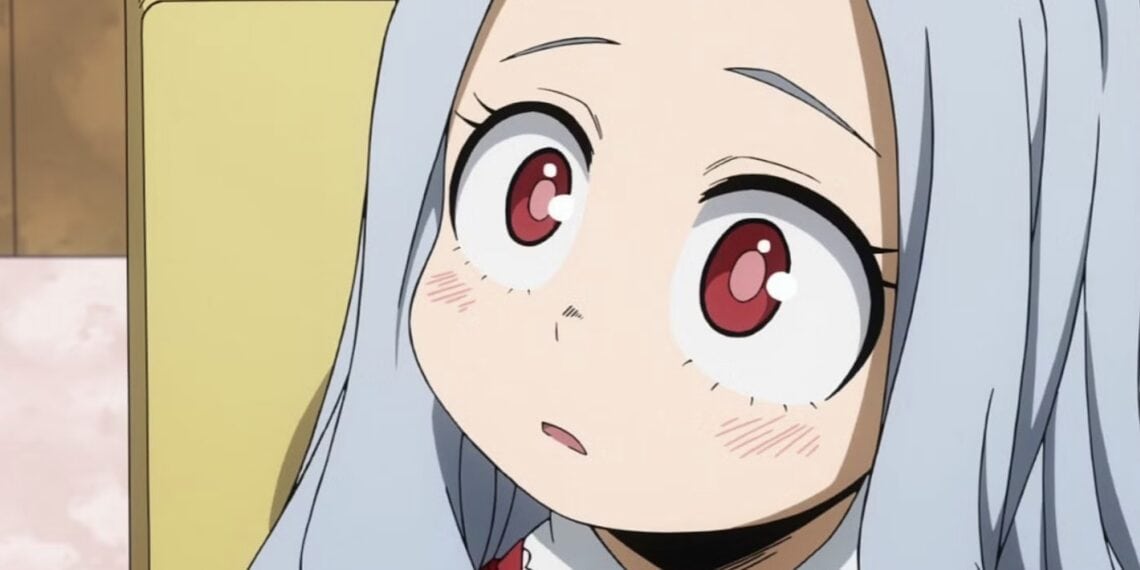My Hero Academia has become enormously popular, cementing its status as one of the most prominent anime series today. When it first began, the show had a more optimistic tone, focused on the main character, Izuku “Deku,” Midoriya’s aspirational dream of becoming a superpowered “Hero” in a society filled with heroes and villains.
However, over successive seasons, the show has taken on heavier, darker themes. Most recently, in the intense sixth season, Deku shoulders the sole responsibility of defeating the threatening “League of Villains” amidst tragic circumstances. This tonal shift, while difficult for the protagonist, has resonated with viewers.
In light of its continued narrative ambition, jaw-dropping animated fight sequences, and captivating character dynamics, My Hero Academia has gathered a dedicated fanbase.
Its popularity has risen to the point where many place it alongside classics like Naruto, Bleach, and One Piece as defining shonen anime of the era.
Though once idealistic, Deku’s journey now involves grappling with more complex heroic ideals in the face of dangerous odds – and viewers remain invested in where the story goes from here.
Eri’s Name Got Completely Removed From The Arabic Dub
My Hero Academia features a wildly creative array of superpowers known as “Quirks,” but few are as intriguing as Eri’s.
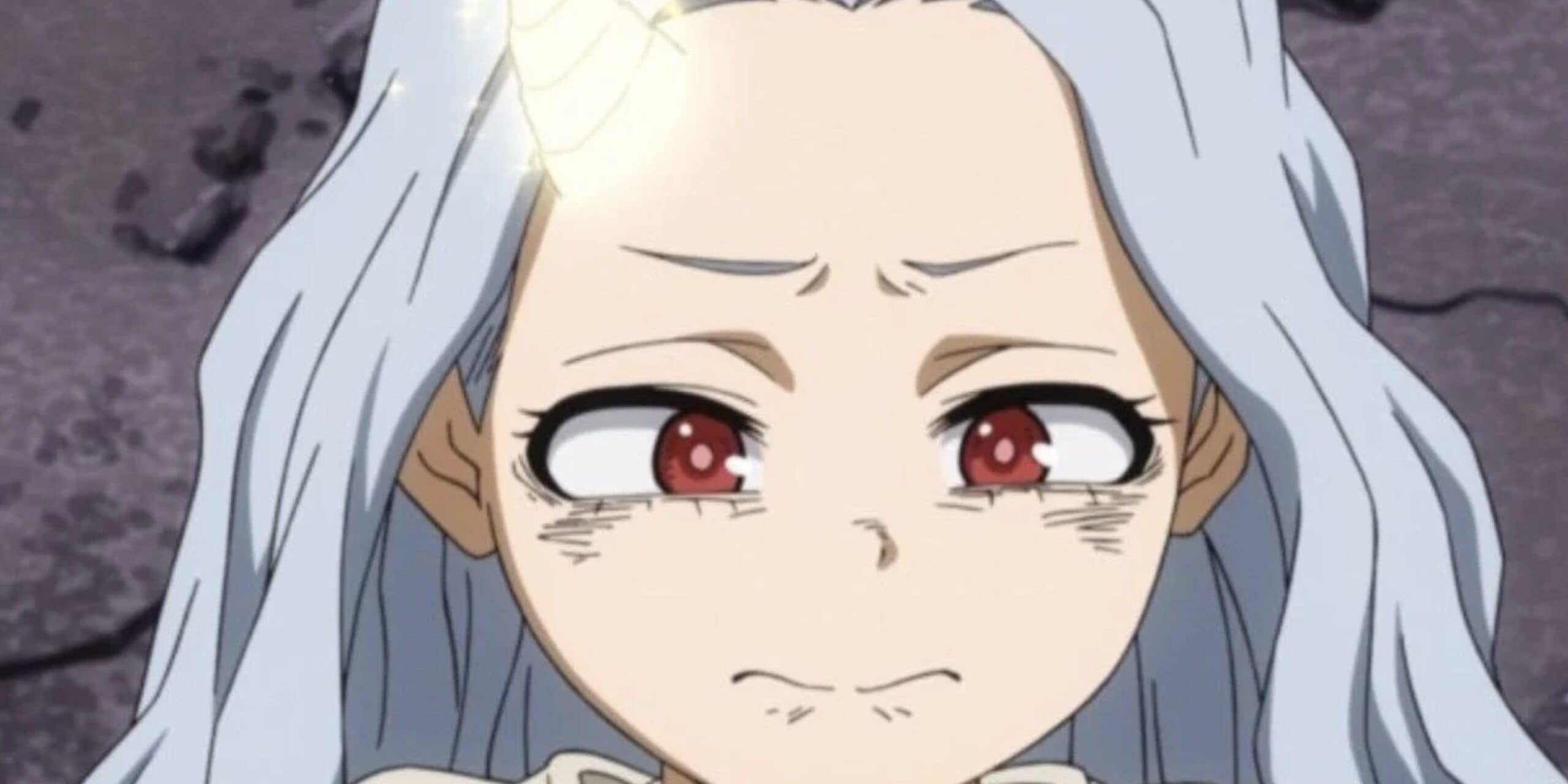
With an innocent, endearing personality that belies her tragic backstory, Eri has become a fan-favorite character. Her Quirk, “Rewind,” enables her to reverse living things back to a previous state upon touch.
While this ability first manifests uncontrollably, causing pain, Eri eventually taps into its redemptive potential. In one striking moment, she restores the lost powers of Mirio, another popular character.
With Rewind’s capacity to undo the harm, Eri represents hope amidst adversity.
However, an unexpected discovery has jeopardized her name. In Syrian Arabic slang, “Eri” translates to a lewd term. Once aware of this unintentional vulgar meaning, the show’s creators opted to censor her name in Arabic dubs and translations.
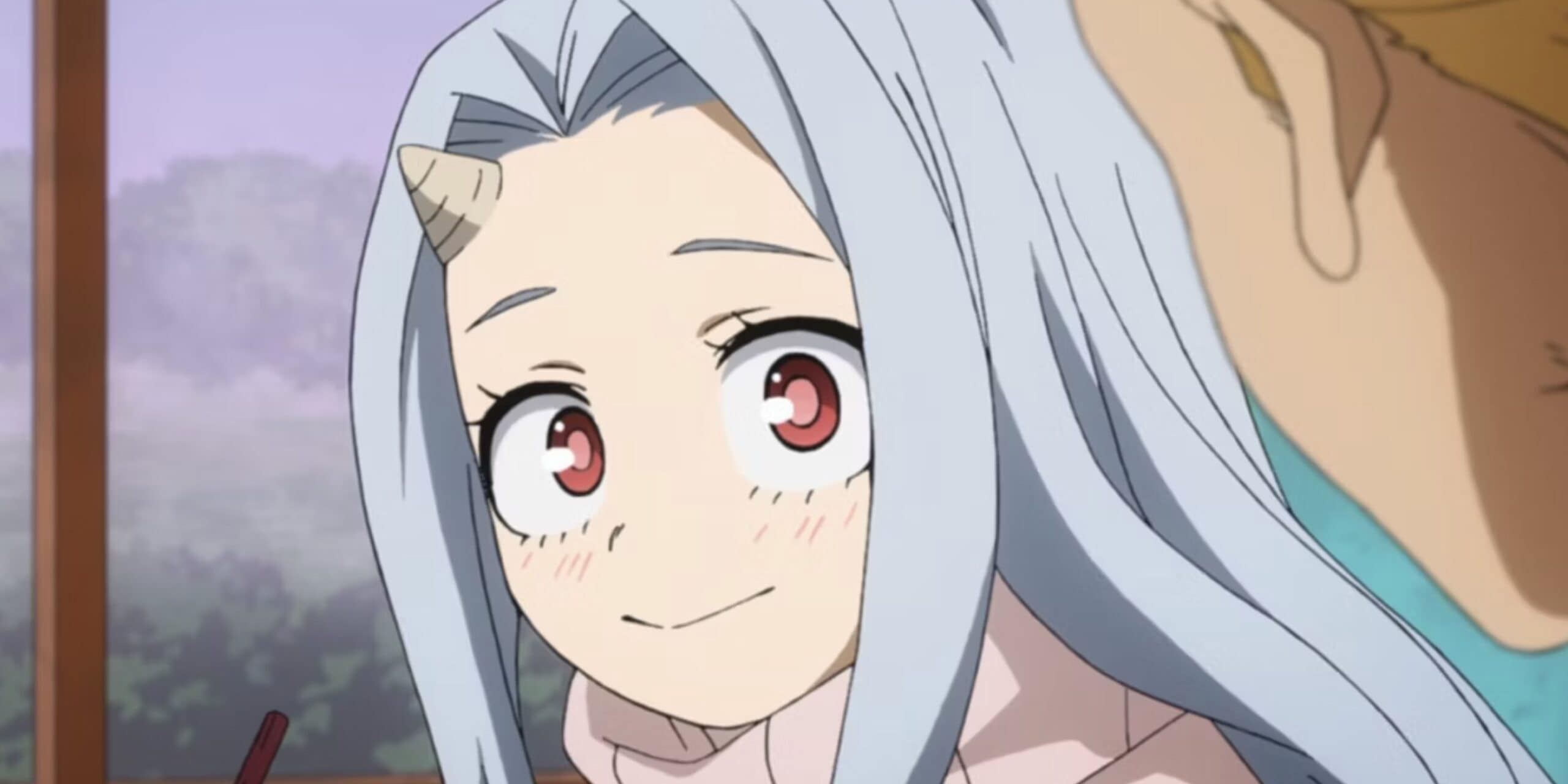
Eri endures as a profoundly empathetic character. But her name, through no fault of her own, stoked enough controversy in select markets to warrant difficult changes.
My Hero Academia strives to resonate with international viewers, but linguistic and cultural nuances pose unforeseen trials even for massively successful anime franchises.
The creators surely wrestled over how to uphold their vision while respecting regional sensitivities.
Ultimately, Eri herself remains untouched, still evoking her healing promise. But going forward, audiences in Arabic-speaking areas will know her by another name, untarnished by profane roots.
The Unforeseen Challenge of Renaming Eri
My Hero Academia’s meteoric rise in popularity has enabled it to be translated and distributed globally, including through major media partners like Space Power TV for Arabic-language markets.
However, the anime’s latest season unveiled an unexpected rights issue surrounding the name of a key character: Eri.
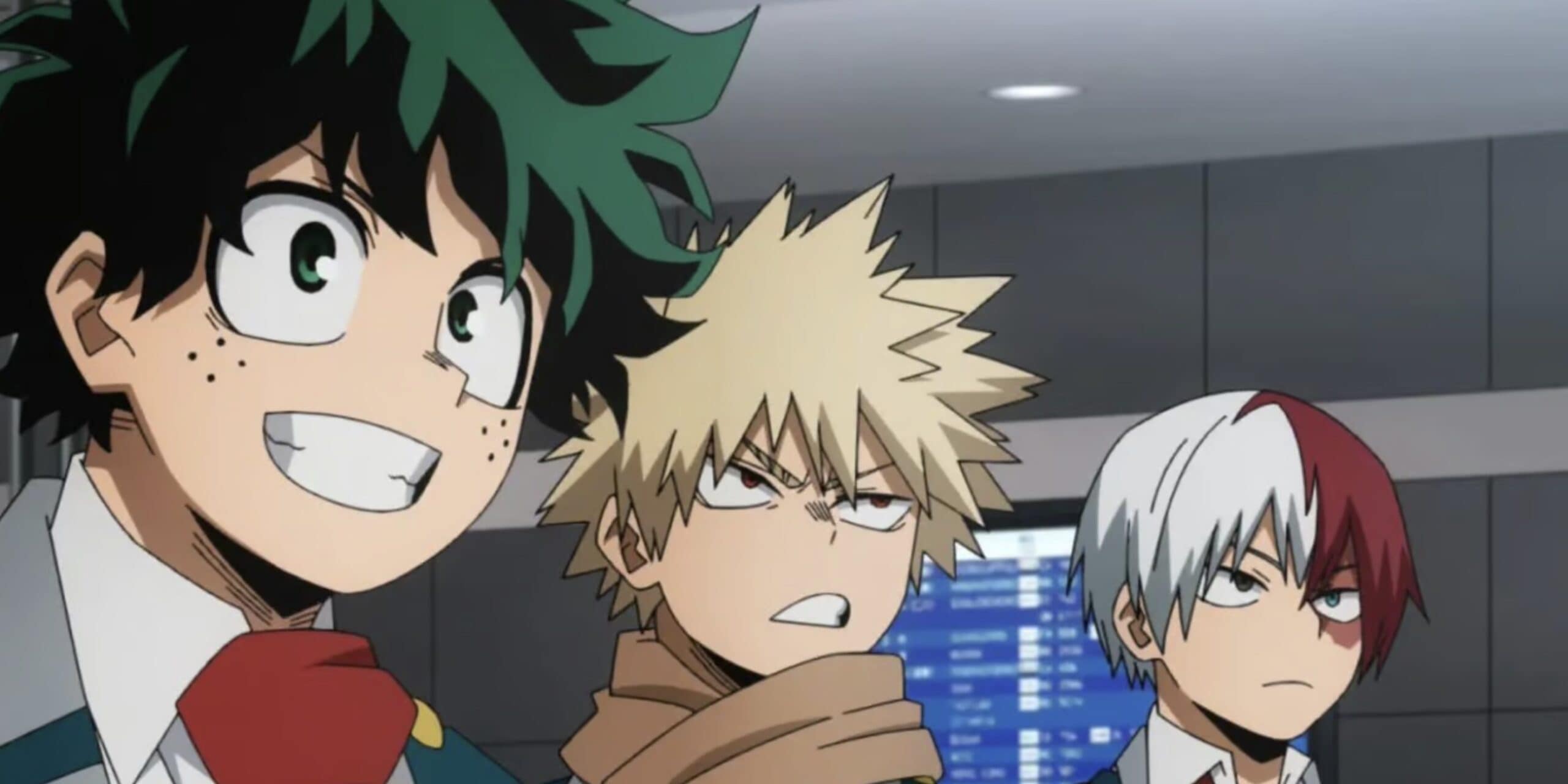
When Space Power TV aired the newest episodes, Arabic-speaking viewers noticed that young Eri’s name had been mysteriously changed to “Rei” instead.
This alteration blindsided loyal fans who had bonded deeply with the endearing character up until now.
The reason behind the abrupt name change soon came to light. In Syrian Arabic slang, the name “Eri” takes on a vulgar meaning as a profane word for male genitalia.
While unintentionally obscene, this colloquial meaning nonetheless posed major concerns for a show targeting broad audiences on public airwaves.
Lost in Translation
Seeking to avoid gratuitous profanity while also carefully considering cultural translation challenges, the network and creators landed on censoring just the name.
So, in Middle Eastern markets, Eri is now referred to as Rei – preserving her story while steering clear of linguistically specific vulgarity issues.
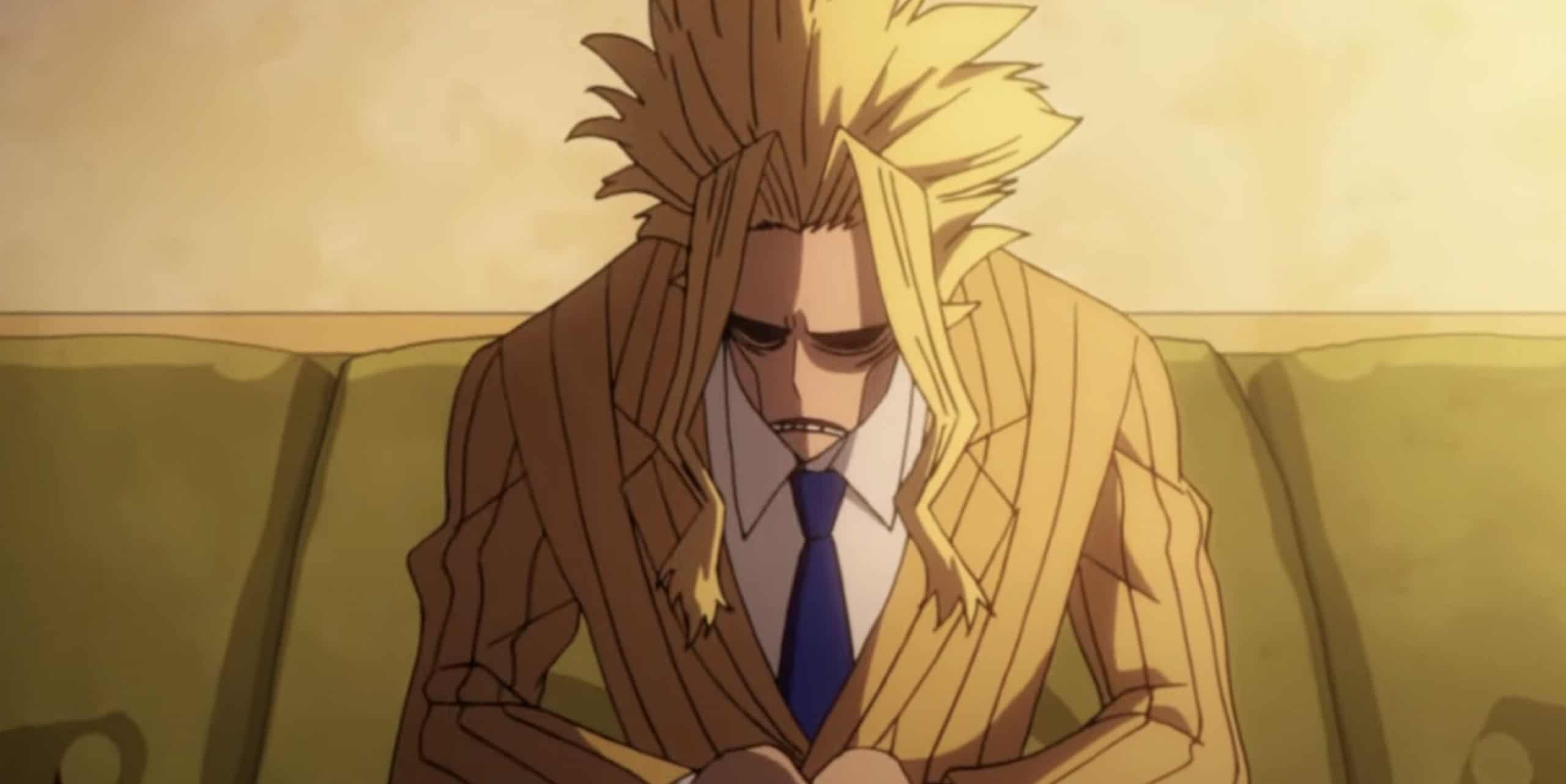
The renamed character has left some regional fans confused over why such a pivotal figure underwent an unexplained identity change.
But nuances distinguishing innocent names from offensive slang continue causing unexpected growing pains even for global sensations like My Hero Academia.
As their platform expands exponentially across cultures, the creators tread a delicate line to resonate with more viewers worldwide without compromising their vision.


